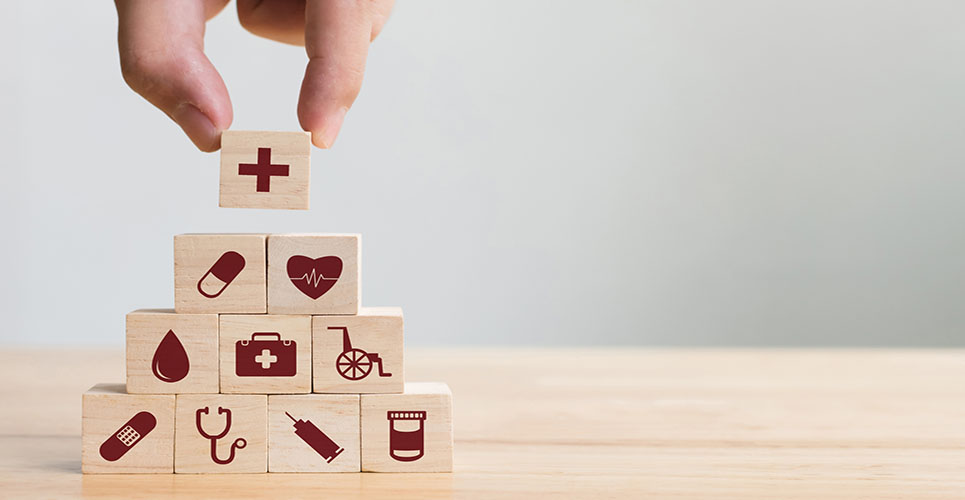teaser
A UK-based pharmaceutical group has pledged to cut the amount of waste it generates during medicine production by two-thirds.
GlaxoSmithKline (GSK) said it needed 100kg of raw material for every 1kg of drug in 2005, but aims to reduce that to 30kg per 1kg of drug by 2015.
This 1kg of usable medicine is called the active pharmaceutical ingredient (API), which is the active compound used to create the company’s final pills or liquids.
GSK originally aimed to produce 50kg of waste per kilo of API by 2010, but raised the target after nearly achieving that total.
Methods for cutting raw material waste include lowering the volume of solvents, changing the amount of necessary chemical steps and continuously producing a single drug, rather than the wasteful practice of stopping, changing and restarting batches of different medicines.
Jim Hagan, GSK’s vice-president for environmental health and safety, said the company’s previous waste levels were a typical average of the drug industry. Other manufacturers, such as industrial chemicals, create more waste, he claimed.
“It was the idea of sustainability that drove the idea. You make an improvement to the environment and you achieve a reduction in costs,” he said.
Copyright Press Association 2009

